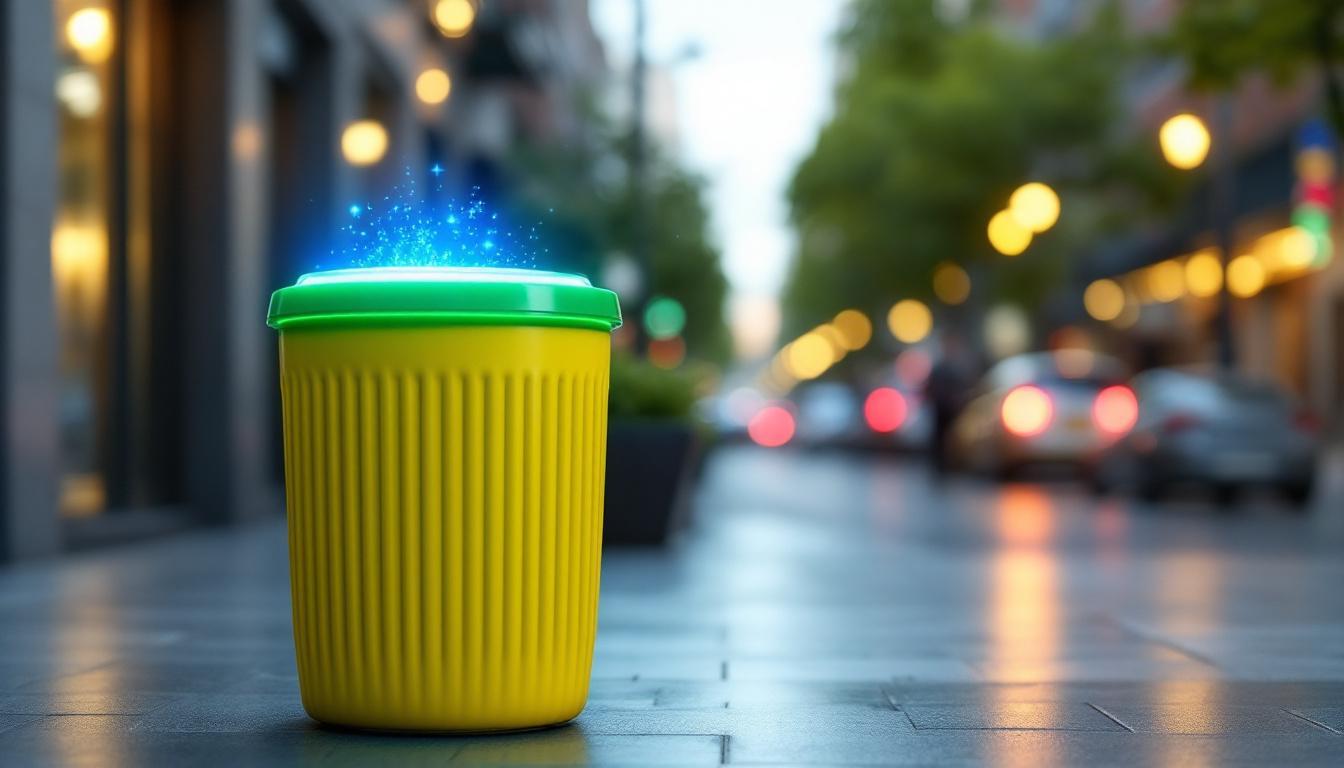Since early 2025, Birmingham has faced a major waste collection crisis triggered by an ongoing strike by bin workers represented by the Unite union. The dispute centres on Birmingham City Council’s plans to restructure waste services, including removing a specific waste collector role. Workers fear this could lead to pay cuts of up to £8,000, despite the council’s assurances that no pay will be lost. Frustrations over limited consultation and the impact on workers have led the union to reject proposed pay deals and continue strike action.
The strike has had a serious impact on the city. Around 17,000 tonnes of uncollected rubbish have built up, prompting the council to declare a major incident. Public health risks have soared, including reports of pest infestations and cat-sized rats making headlines worldwide. The waste backlog poses fire hazards and has damaged the city’s reputation, affecting its ability to attract events and visitors. The council has sought help from neighbouring authorities, but efforts have been hampered by picket line blockades that have halved the number of operational waste collection vehicles.
Financial pressures facing Birmingham form a key backdrop to the dispute. The council is dealing with an equal pay liability of around £250 million, a software failure costing £100 million and budget constraints that have forced some public services to be reduced to their legal minimum. Cuts to waste management have intensified tensions between financial responsibility and service delivery.
Amid this difficult landscape, attention is turning to how technology could help Birmingham build a more sustainable waste management system. Current council proposals include increasing the number of rubbish trucks, reducing collection days and retraining staff. However, experts say the city has yet to fully explore advanced technologies already in use elsewhere.
Robotic and AI-enabled waste collection systems offer a promising solution. Automated side loader trucks, common in North America and parts of Europe, can lift and empty bins without direct human handling. These vehicles boost productivity, cut costs and improve worker safety by automating hazardous tasks. In areas where narrow streets limit their use, smart bin systems equipped with sensors can monitor waste levels and predict collection needs. Combined with AI algorithms, this data can optimise routes, reduce emissions and prevent waste build-up.
More advanced solutions include smart underground bins and pneumatic waste collection systems, which use high-speed suction pipes to transport rubbish to central points. These systems, already common in over 30 countries and trialled in areas like Wembley, reduce street-level rubbish and lessen the need for frequent collections.
Automated sorting technologies using improved imaging and chemical analysis could also revolutionise recycling. These systems can identify and separate different waste materials, including hazardous items, improving recycling rates and recovering valuable resources. This technology could help address the shortage of people willing to work in physically demanding waste jobs by offering safer, better-paid roles in advanced waste processing.
Education and public engagement remain vital. Encouraging people to reduce waste at source through behaviour change would ease pressure on collection services and cut costs.
For Birmingham, embracing a comprehensive technological approach offers a crucial chance to resolve its current crisis and build a more resilient, greener future. Such a shift could transform waste management while boosting the city’s economic and environmental prospects, delivering safer jobs and cleaner streets. Ignoring these innovations risks worsening public dissatisfaction and prolonging health risks.
As negotiations between the council and union continue amid financial pressures, adopting AI, robotics and data-driven tools could position Birmingham as a leader in responsible, sustainable innovation. Many citizens and stakeholders would likely welcome such a change far more than the sight of overflowing bins and rats roaming the streets.
Created by Amplify: AI-augmented, human-curated content.


